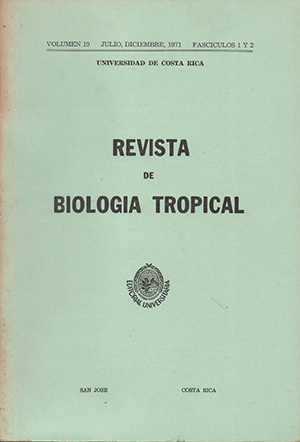Abstract
The author reviews the literature on cultivation of several of the family Trypanosomatidae and other biological aspects of these flagellates in relation to external influences.
Although very few species have been cultnred successfully in defined media, the known nutritional requirements establish a gradation that ranges from the more simple monogenetic forms (invertebrate parasites) to those of the Salivaria trypanosomes, whose nutritional requirement are more complex and demanding. In view of the transformations of these flagellates during their life cycle, the lack of knowledge on their culture, especially in relation to the characteristics of the vertebrate host becomes more evident. Gaps also exist in our knowledge of nutritional and other factors that influence this transformation. However, physiological and structural changes in certain forms confirm the complexity of this phenomenon. In the few cases in which presumably vertebrate forms have been reproduced in vitro, as in certain of the Leishmanias, the identity of the replicates with the original forms must be definitively established.
A more complete biochemical and physiological understanding of thc: transmitting insects would greatly contribute to the knowledge of the transo formation process of the flagellates.
Environmental morphological and physiological influences apparent1y explain the abílity or inability of some polymorphic trypanosomes to infect a new host. Also environmental, and possibly nutritional factors may play an important role in restoring infectivity to certain forms maintained in culture. Finally, the specificity of certain flagellates for a determined vertebrate host can be explained by the possible influence of immunological factors on those of nutrition.






